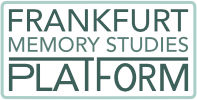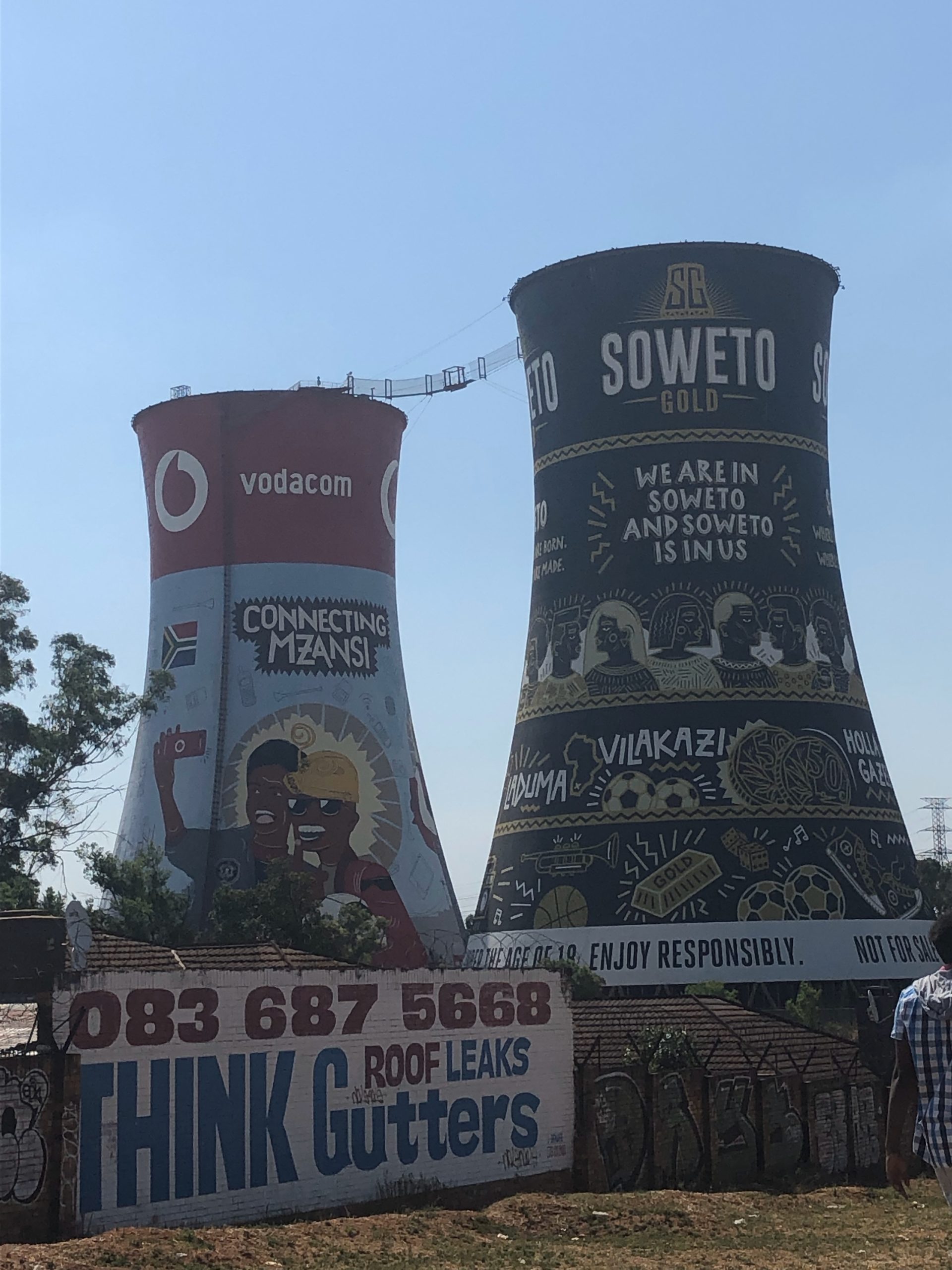MSA Africa Regional Chapter: Annual Conference 2021
November 24-25, 2021
Online event
Memory (Studies) in Africa: State of the Field
How do we represent the past to ourselves and to others? Which of our many pasts do we represent, and when, where, and why do we change those representations? How do those representations shape our actions, identities, and understandings? How do individual-level processes interact with collective ones, and vice versa? What does it mean to think about “memory” in these broad ways? In what ways are we ethically and politically obligated to remember, and what are the consequences of meeting, or failing to meet, these obligations?
These and other questions, asked from a variety of disciplinary perspectives and with a variety of analytical tools, constitute the broad field of memory studies, which draws on traditional academic disciplines like psychology, sociology, history, political science, anthropology, archeology, philosophy, and literary studies, among others; on related interdisciplinary fields like museum studies, media studies, oral history, heritage studies, archive studies, and film studies; and on professional fields of practice from technology, the arts, and politics.
On occasion of the Annual Conference of the MSA’s Africa chapter, we would like to discuss these questions with a specific outlook on Africa, African memory discourses, contexts and practices, as well as highlight an African perspective on memory studies as a scholarly field. We welcome submissions from scholars and practitioners who engage with and focus their research on African memory dynamics, particularly with a focus on transnational, transregional and transcultural dynamics of these dynamics.
We invite papers focused on the African continent, society and diaspora, as well as Africa’s relationship with the global arena. African scholarly perspectives on theories of memory and methodologies of memory-based research are particularly encouraged. The following presents some themes that may be explored, but this is not a comprehensive list. It is important to emphasize that we seek contributions not only on collective, cultural or social memory, but also personal, episodic and autobiographical remembrance and forgetting.
- the role of political memory in international relations and local, national and transnational politics
- memory in law and transitional justice processes
- multidirectional travel of memories between Africa and the world
- memory in the age of digital media and networked communication technology
- memory in the context of religion and spirituality
- the role of memory in health and sickness (including HIV/Aids, Ebola, etc.)
- commemoration of persons, events and places in African societies
- how are local memories affected by global narratives and discourses
- memory in the context of travel, mobility, migration and displacement
- gendered memories and memories of gender relations
- testing of established concepts in memory studies (e.g. Hirsch’s notion of postmemory) in African case studies
- memory, inequality and poverty
- Memory and politics
- Memory and Governance
- methodologies of memory studies in an African context and in relation to oral history studies
This event is convened by Atabongwoung Gallous (University of Pretoria) and Hanna Teichler (University of Frankfurt) and will be hosted online. Send an abstract of 350 words for a 20-25 minute presentation, including affiliation and full contact details by 1st July, 2021, to email: memoryinafricaconference@gmail.com
Notification of acceptance by 30 August, 2021.
Download the Call here.



